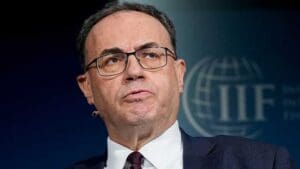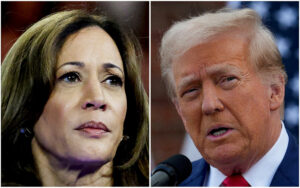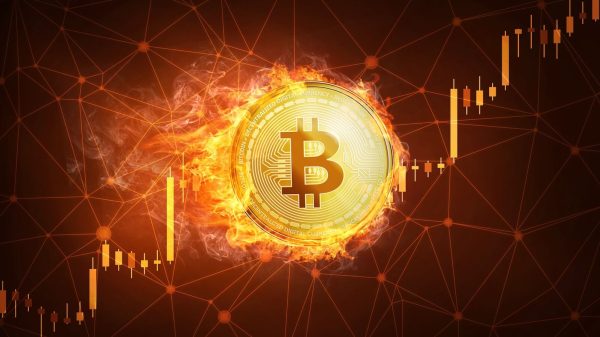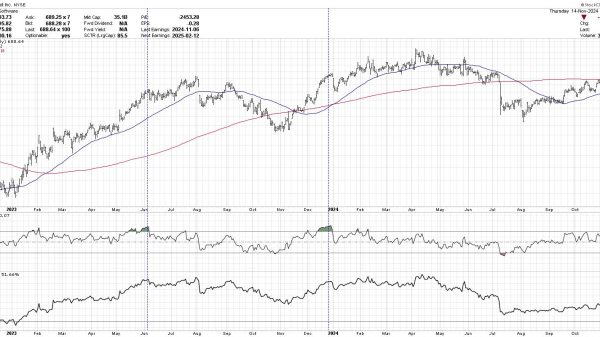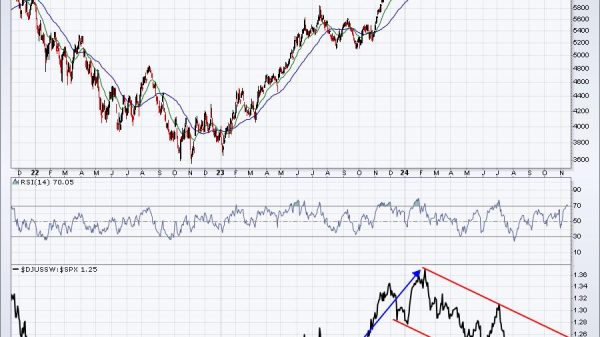NEW YORK/LONDON – The downturn in US business activity eased slightly in January even as it contracted for the seventh straight month while euro zone business activity made a surprise return to modest growth, as two of the world’s major economies hope to avert recession this year, surveys showed on Tuesday.
S&P Global said its flash US Composite PMI Output Index, which tracks the manufacturing and services sectors, rose to 46.6 this month from a final reading of 45.0 in December, the first moderation since September but still well below a key reading of 50 used to separate contraction and growth in the private sector.
The Federal Reserve’s fastest interest rate hiking cycle since the early 1980s has weighed on demand in the world’s largest economy as central bankers around the world try to rein in high inflation.
But in a worrisome sign, the survey’s measures of input prices for both U.S. services firms and goods producers rose month-over-month for the first time since last May, suggesting the US central bank may need to keep up the pressure through higher interest rates to bring inflation back to its 2% target.
“The worry is that… the rate of input cost inflation has accelerated into the new year, linked in part to upward wage pressures, which could encourage a further aggressive tightening of Fed policy despite rising recession risks,” Chris Williamson, chief business economist at S&P Global Market Intelligence, said in a statement.
The Fed is primed for a 25 basis increase at its policy meeting next week but has been eyeing a stopping point in its current hiking cycle this spring, to better balance the risk of bringing down inflation without tipping the economy into recession.
EURO ZONE BOUNCES BACK
The Euro zone is showing more resilience. Business activity there made a surprise return to modest growth in January, adding to signs the downturn in the bloc may not be as deep as feared and that the currency union may escape recession.
S&P Global’s flash Composite PMI Index, seen as a good gauge of overall economic health, climbed to 50.2 this month from 49.3 in December.
January was the first time the index has been above the 50 mark since June and the reading was better than expected.
“The rise in the purchasing managers’ indices is likely to fuel hopes among many that the economy in the euro area might just escape a recession after all,” said Christoph Weil at Commerzbank. However, Weil added that a clear deterioration in the economic environment continued to point to at least a mild recession.
A moderate winter so far, falling gas prices and recent positive economic data meant some quarterly growth forecasts in a Reuters poll published on Monday were upgraded although a technical recession was still predicted.
Pressure on Germany’s economy, Europe’s largest, eased further in January as inflation slowed and businesses looked to the new year with optimism, a sister survey showed, although sentiment was still shy of predicting a return to growth.
In France, the bloc’s second-biggest economy, output fell slightly overall again in January, its PMI showed, but manufacturing activity improved for the first time since August.
British private-sector economic activity, however, fell at its fastest rate in two years in January, another PMI showed, as businesses blamed higher Bank of England interest rates, strikes and weak consumer demand for the slowdown.
The dollar languished near a nine-month low against the euro on Tuesday as markets continued this year’s buoyant mood after the PMI data and a slew of corporate earnings.
In the Euro zone, there was mixed news on inflation pressures, according to the PMI survey. The input prices index fell but firms raised their charges at a faster rate. The output prices reading also nudged up but was still far lower than it has averaged over much of the last three years.
“The PMIs suggest that price pressures remain strong. So there is no prospect of the ECB taking its foot off the brake any time soon,” said Andrew Kenningham at Capital Economics.
The European Central Bank will deliver 50 basis point interest rate rises at each of its next two meetings, according to a Reuters poll, with its fastest hiking campaign on record having so far failed to bring inflation anywhere near its 2% target. – Reuters



